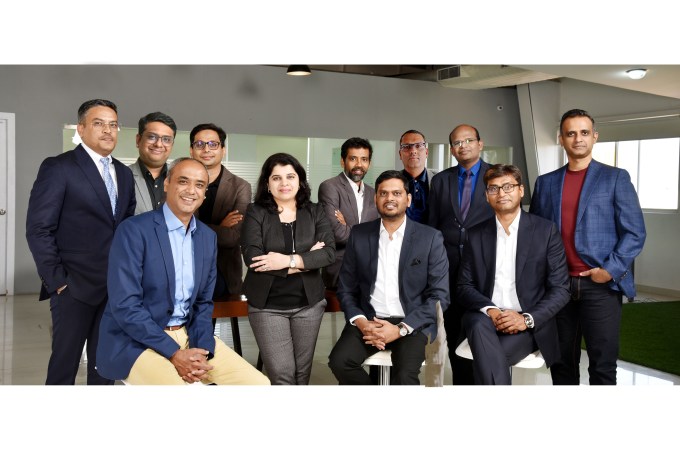Backed by investors including the Bill and Melinda Gates Foundation and CDC Group, Cropin is set on digitizing the agricultural industry. Today, the company announced the launch of Cropin Cloud, a cloud platform with integrated apps. Founded in 2010, Cropin’s other products are live in 92 countries, it is partnered with over 250 B2B customers and has digitized 26 million acres of farmland. It claims the world’s largest crop knowledge graph of more than 500 crops and 10,000 crop varieties.
Krishna Kumar, the founder and CEO of Cropin, told TechCrunch that Cropin Cloud was developed because the agriculture industry does not have access to a “unified, coherent platform that can enable and help build a wide variety of solutions,” even as it faces disruptions caused by climate change, geo-political tensions, food supply chain disruptions and a growing global population.
“The global ag ecosystem is gigantic in depth and breadth, but strangely, the tools to capture and share data coherently are sorely missing,” he added.
Cropin Cloud can be used by agribusinesses of all sizes. It has three sub-platforms that allow farmers and other stakeholders in the food value chain to access tools for earth observation, remote sensing and data and machine learning to help them better manage crops and harvests.

Cropin’s leadership team
The first sub-platform is Cropin Apps, which covers a wide range of uses cases: global farming operations management, food safety measures, supply chain visibility, predictability and risk management, tracing food from the farm to table, research and development and production management. It also helps farmers track deforestation and carbon emissions.
Cropin Data Hub, meanwhile, gathers data from different sources for analysis, including on-field farm management apps, IoT devices, drones, remote sensing satellites and weather reports. And finally, Cropin Intelligence uses the company’s 22 contextual deep-learning and AI models to help agribusinesses with data points like crop detection, crop stage identification, yield estimates, irrigation scheduling, pest and disease prediction, nitrogen uptake and harvest date estimation.
Some examples of how Cropin’s technology has been utilized include Unilever’s work with coconut farmers who used the company’s SmartFarm Plus app to record information about how mature trees were, issues they were facing and productivity levels. The app then used that data to provide location-specific advice, like how much coconut sugar farmers were likely to produce.
Cropin also provided insights about the weather, crop management, pest and disease forecasts, nutrient management and soil and water management practices to the World Bank and Government of India in a project that spanned 244 villages, 30,000 farm plots and 77 crop varieties. Cropin says this resulted in a 30% average increase in yield and productivity, with nearly 37% increase in farm revenue.
Since its launch 12 years ago, Cropin has raised a total of $33 million. In addition the Bill and Melinda Gates Foundation’s Strategic Investment Fund and CDC Group, its other investors include ABC World Asia, Chiratae Ventures, Ankur Capital, Beenext and Kris Gopalakrishnan’s family office. Kumar said Cropin is now in the process of fundraising for its Series D round, and aims to raise investments in the range of $50 million to $75 million in the next six months.
Headquartered in Bangalore, Cropin has subsidiaries in the United States, Singapore and the Netherlands. Earlier this year, co-founder and COO Kunal Prasad relocated to the Netherlands to oversee European operations. Kumar says Cropin’s committed annual recurring revenue is $15 million to $25 million and that the company has grown 2.5x over the past few years, and expects to see similar growth this year. “With the launch of Cropin Cloud, we expect 2023 will be a game changer for Cropin in terms of revenue growth,” Kumar said.
No comments:
Post a Comment